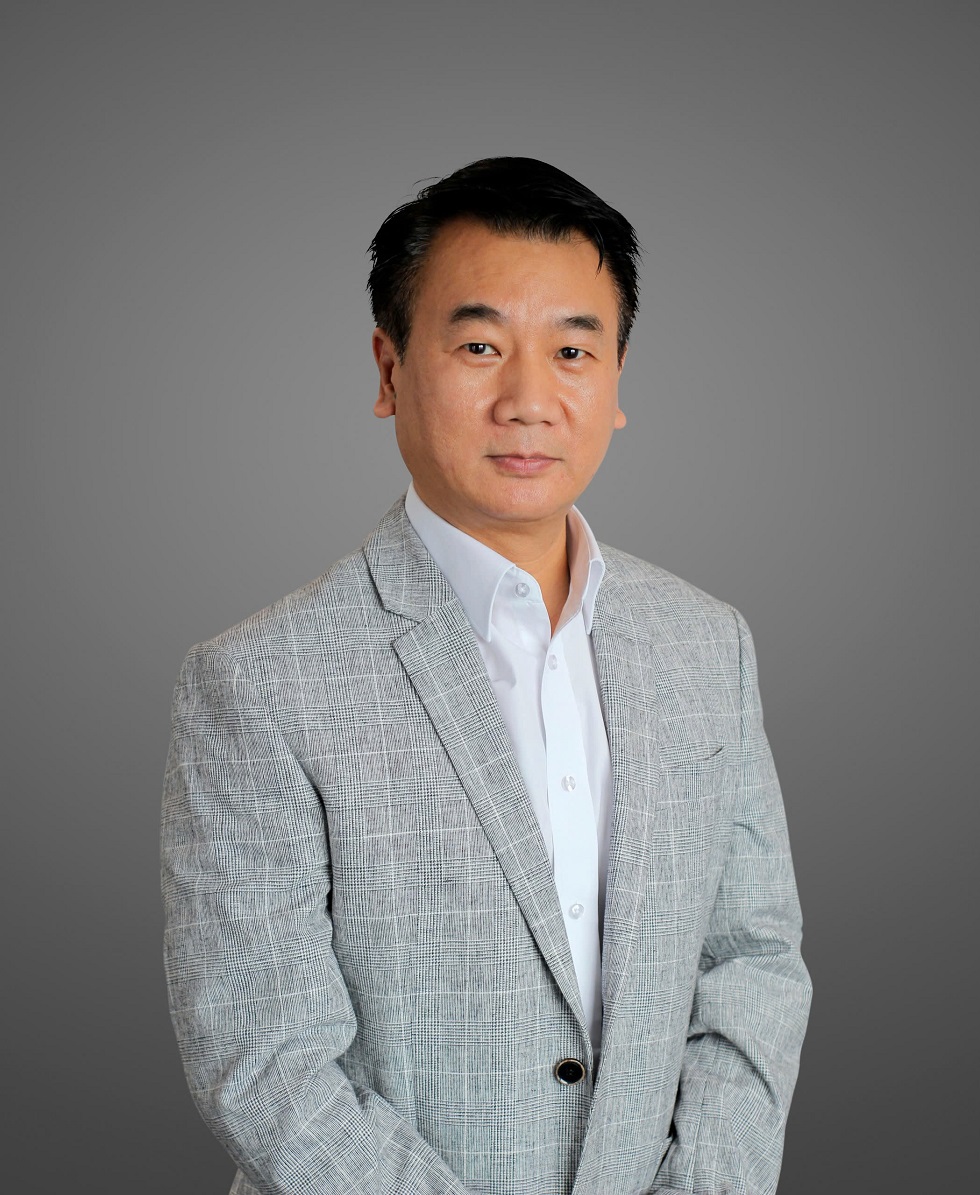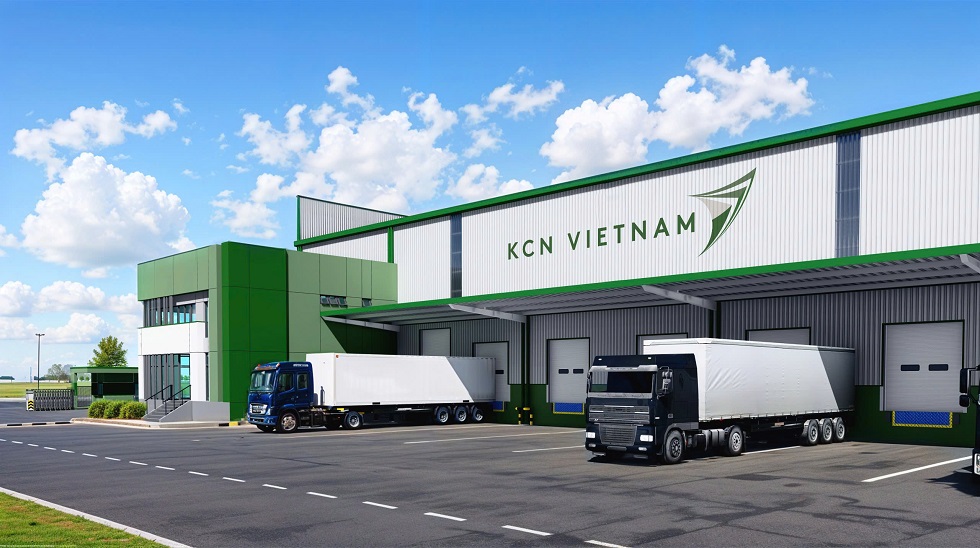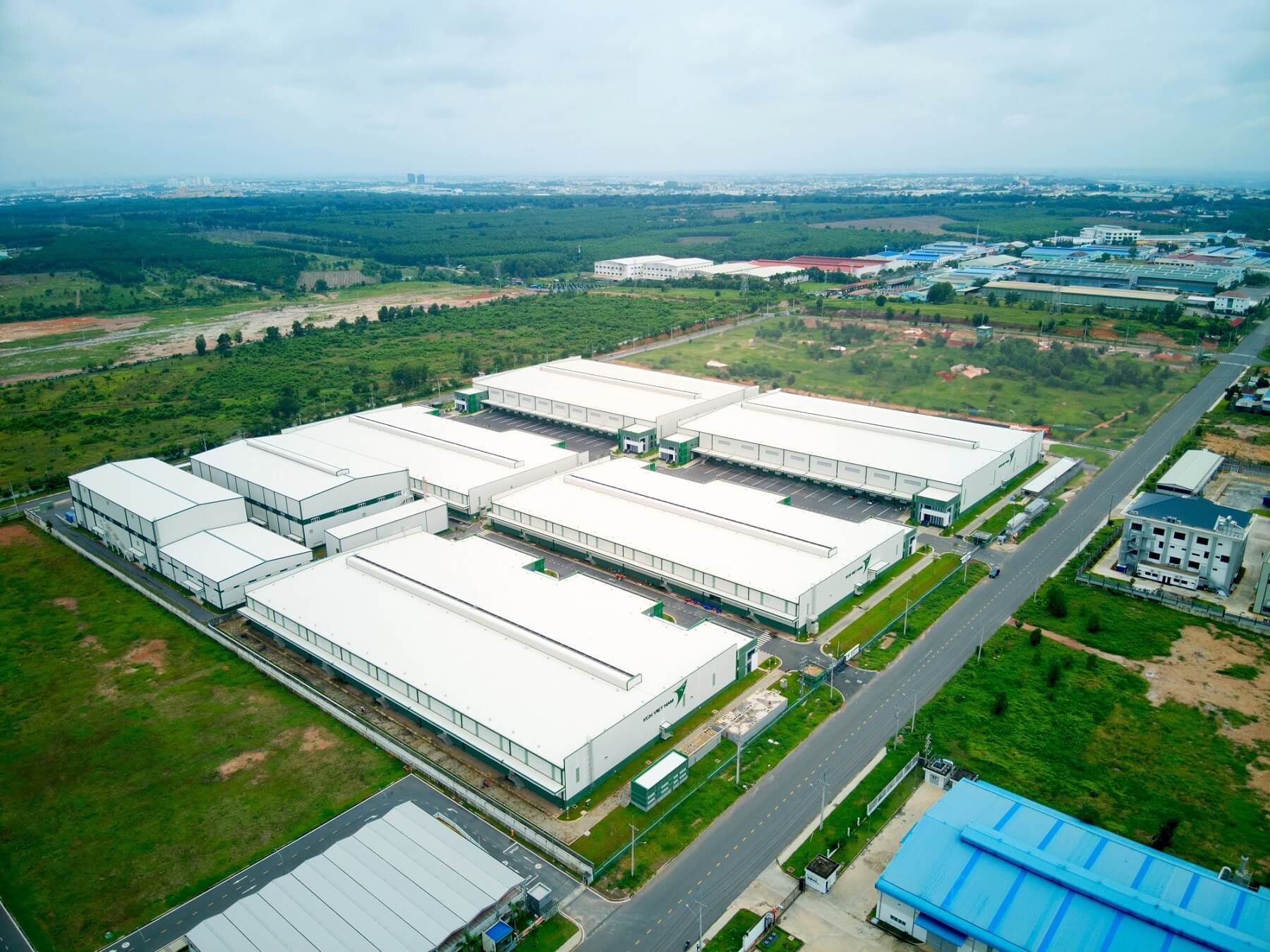As businesses increasingly adopt sustainable development practices under the environmental, social, and governance (ESG) framework, industrial real estate developers are prioritizing investments in green infrastructure, with LEED (Leadership in Energy and Environmental Design) certification becoming a key target to obtain.
In need of sustainable industrial parks
“Sustainable development”, which has been in the spotlight recently, is not just a buzzword but reflects the actual needs of businesses. This is especially true for the export sector, where international buyers demand that products be “green from the source.”
The garment and textile industry is a prime example. A key challenge in the industry’s green transition is to prove production sites meeting green standards, according to Vu Duc Giang, chairman of the Vietnam Textile and Apparel Association (VITAS). Many textile companies are looking for industrial parks that embrace sustainable practices, are energy-efficient, and are environmentally friendly to comply with the ESG criteria set by major global importers.
Moreover, multinational corporations and major manufacturers seeking to invest in Vietnam are increasingly choosing sustainable industrial parks for their production sites.
“The trend of developing smart and ecological industrial parks using renewable energy and better water and waste treatment systems will become increasingly popular as manufacturing corporations must reduce emissions and save energy according to their net-zero commitments,” ACBS said in its July 2024 Industry Snapshot – Industrial Property.
Current data indicate that investments in green real estate for industrial parks are accelerating. For instance, the IFC provided a US$250 million green loan to Mapletree Investments’ subsidiaries in May 2024 for the development of eight warehouse projects. At the end of 2023, Hitachi Energy inaugurated a US$50 million transformer plant with LEED Gold certification at Tien Son Industrial Zone in the northern province of Bac Ninh.
Similarly, domestic industrial real estate developers are also making strides to accelerate green transition. Recently, Hardy Diec, chief operating officer of KCN Vietnam Group, announced that the Group’s project in Deep C Haiphong II-B Industrial Zone, which will broke ground in early of August, will follow sustainable standard to achieve LEED Silver certification, with comprehensive support from Green Viet, one of leading consulting firms throughout the design, construction, and operational phases.
As a professional industrial real estate developer, KCN Vietnam Group owns nearly 200 hectares of land with an investment value of over US$300 million and nine projects in key industrial parks. The company aspires to have their future projects achieve LEED certification or similar green building standards.
“Sustainable development is a top priority for KCN Vietnam, with green buildings being a central focus of our operations. While aligning projects with LEED standards is no easy task, we have complete confidence in our strategic partners. We believe these efforts will yield long-term environmental, economic, and social benefits for our workers, customers, communities, and contribute to the nation’s overall growth,” said Hardy Diec.

Advantages of LEED-certified industrial parks
LEED stands for Leadership in Energy and Environmental Design, the world’s most widely used green building rating system. LEED certification provides a framework for healthy, highly efficient, and cost-saving green buildings, which offer environmental, social and governance benefits. In Vietnam, it is a familiar “standard” for buildings, though it has primarily been applied to commercial properties until now.
Regarding the environmental aspect, LEED-certified projects focus on optimizing resource use in production activities. According to Hardy, such projects can achieve up to 25% energy savings and a 10% reduction in water consumption, while also cutting carbon emissions considerably compared to traditional projects.

Depending on their fields and operational capabilities, investors and tenants can receive favorable economic efficiency, while also meeting environmental standards as part of the global effort to reduce greenhouse gas emissions.
Along with economic benefits, another important factor is the impact on workers. A greener, healthier work environment improves employee health and community well-being, leading to higher satisfaction and increased productivity.
Moreover, the “LEED” label boosts a company’s image and brand, setting it apart in the market. Environmentally friendly products also have a competitive advantage over others in the market.
“Satisfying LEED standards not only demonstrates KCN Vietnam’s corporate social responsibility (CSR) but also gives us a competitive edge in the market, allowing us to attract customers with high sustainability requirements on a global scale,” Hardy explained the company’s goal for all industrial park projects to meet green production standards.
Overall, LEED-certified industrial parks are poised to attract more investment in the near future. This certification is also a crucial step for industrial parks in Vietnam to transition toward an eco-industrial park model, as specified in Government Decree 22/2022. This model emphasizes circular economy principles and sustainable development, supporting the goal of reaching net-zero emissions by 2050.
Read more:









